Trump Claims a Mandate, But He’s Wrong And It Will Cost Him
Trump is already overreaching, giving Democrats a clear opening
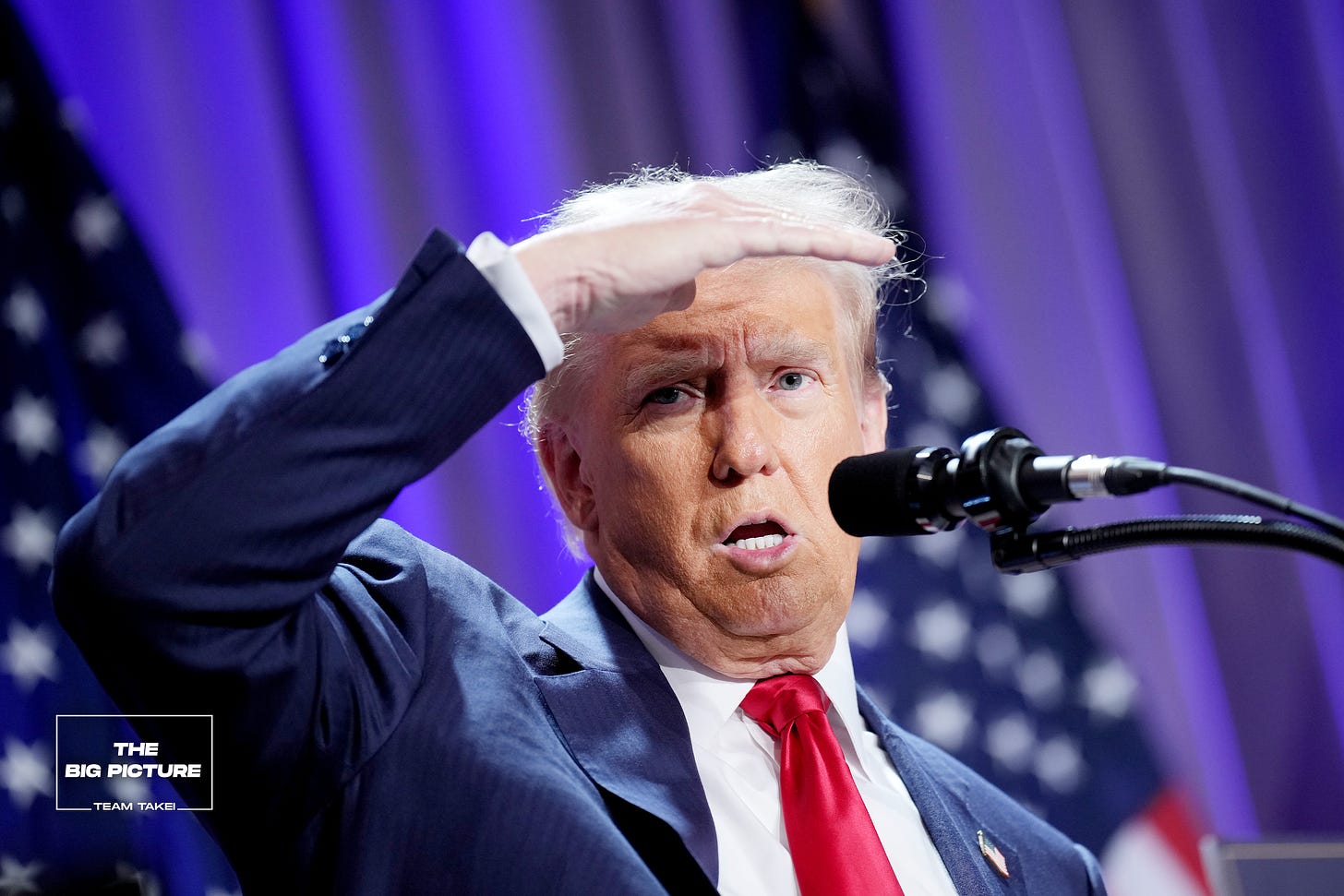
It’s been over a week since Election Day. I’ve waited to come out with my own assessment of what went wrong and why, largely because I’m not a big fan of making big pronouncements when there’s insufficient data to support them.
Trump, of course, has no such problem. He was out quickly claiming a “mandate” to govern, and his press team has repeated that claim often. The media then treats it like it’s fact that Trump has a “mandate.” But today I want to poke some holes in that balloon and bring it back down to earth.
The way the election actually went matters not just to Democrats who are eager to course correct and not get beaten again in two or four years. It matters right now because Trump and the media insist he has been given a blank check and that a majority of the American people are fully behind him.
As I’ll explain today, both assumptions are wrong. And Trump’s misguided belief that he has carte blanche to move ahead with tariffs, mass deportations, and destruction of our federal government and the rule of law could provide a solid base for a Democratic resurgence.
In this piece, I’ll start by laying out how much closer this race was than most people understand, from both the raw numbers and a historical perspective. I’ll show how if any other GOP candidate’s name had been at the top of the ticket, this would look like a completely ordinary result, especially given the bigger economic forces at play.
I’ll then discuss some of the other factors that played a part but weren’t quite enough on their own to be outcome determinative. Then I will flag two big shifts that Democrats very much need to address to come back strong in future elections.
Finally, I’ll discuss how Trump’s misunderstanding of what the election actually was about could backfire on him badly, given that his proposals will do nothing to give upset voters what they really want. On the contrary, his policies will likely make things far worse for these voters. In this there is a great deal of opportunity for Democrats to seize upon.
There is no mandate
Right after the election, the Trump campaign predictably was out trumpeting his win. “President Donald J. Trump won the 2024 presidential election with an historic mandate,” the campaign said in a statement. “As the first Republican to win the popular vote in two decades, President Trump did so by stitching together the broadest, most diverse coalition in modern history.”
That “mandate” has since been the backdrop of several other announcements. Right-wing groups such as the America First Policy Institute, which shares many goals with Project 2025’s Mandate for Leadership claimed, “This victory is a mandate to restore our nation to a place of safety, opportunity, and prosperity rooted in freedom.” And Elon Musk declared that the win was a mandate to begin to “delete regulations.”
Given the right’s reliance on the notion of an overwhelming electoral victory and mandate, it’s important to push back. The Republican Party has held electoral mandates before. Here are what some of them looked like.
Nixon v. McGovern, 1972:
Reagan v. Carter, 1980:
Reagan v. Mondale, 1984:
Bush v. Dukakis, 1988:
The votes are still being counted for the 2024 election, but estimates are that Trump will have won by only around 1.5 percent of the vote. Importantly, Trump will have garnered less than 50 percent of the total votes cast. Indeed, more people will have voted for someone else than for Trump:
That would place him as the smallest popular vote winner to go on to be president in over 50 years.
If you look more closely at Trump’s total numbers, it’s immediately clear that he didn’t win by turning out a huge number of new voters. He received 74.2 million votes in 2020, and he’s so far he’s gotten 77.4 million in 2024. Trump won because Harris voters simply didn’t turn out in the numbers she needed. Biden won 81.2 million votes in 2020, and so far Harris has only 75 million. That’s 6.2 million Biden voters who didn’t cast ballots for Harris.
But why didn’t they?
There are many competing theories, but I keep coming back to a very basic one that aligns both with what voters were telling the pollsters and what has happened to every party in power in the developed world in 2024: It was the economy.
Specifically, it was the post-Covid economy, which saw inflation reach historically high levels. This meant prices went up and importantly stayed up. While inflation is now under control, that is small comfort to families still feeling squeezed by higher grocery prices and higher rents. Wages began to outpace inflation a year and a half ago, but it hasn’t been enough to get many families back to where they were before the pandemic.
The 2022 midterms were the first election after the pandemic, and the electoral shifts we saw in 2024 were already well underway in 2022. Democrats were losing big swaths of voters even then but still managed to prevail in the battleground states, where they could focus their messaging and rely upon higher propensity, higher information voters.
As Nate Cohn of the New York Times observed,
The national popular vote for president in 2024 will look eerily similar to the popular vote for U.S. House in 2022. The winner by state will be exactly the same — at least if you take the combined Republican vote in Alaska in 2022. And many of the details will be similar as well, like Republicans’ big gains in Florida and New York.
This created an inherently tough environment for Harris in 2024. As Cohn further notes,
The pattern makes it clear that Democrats were losing voters long before the campaign even began. Maybe Kamala Harris could have done something about it, but the case is harder to make.
Ron Brownstein reported similarly from the data he analyzed for CNN. Exit polls and voter surveys demonstrated that around two-thirds of respondents described the economy in negative terms—just as they have since the pandemic ended. Trump won a whopping 70 percent of these voters. That’s pretty much the election right there.
Harris did a remarkable job at pushing back the tide in the battleground states, but it was not quite enough to overcome the crush of voters who simply wanted to punish the incumbent party.
The much anticipated post-election VoteCast survey of 120,000 voters is in accordance with this data. As AP reported,
Voters who felt more anxious about their economic circumstances supported Trump. The sliver of voters who felt more comfortable about their circumstances largely went with Harris.
Trump decisively won among voters who said their family finances were “falling behind” — a group that grew from about 2 in 10 voters in 2020 to about 3 in 10 this year. He also carried more than half of voters who were “very concerned” about the cost of food, the cost of housing, and their own health care costs.
Voters who were focused on the economy ended up breaking hard for Trump. Those who said inflation was the most important factor for their vote were almost twice as likely to support Trump over Harris, and about 6 in 10 voters who said the economy and jobs were the most important issue facing the country were in his camp.
These numbers suggest that, for economic reasons, many voters voted for Trump despite and not because of who he is. This is further supported by the fact that, as political podcaster Dan Pfeiffer points out, Trump outperformed his favorability rating by about five points. That means a good chunk of people voted for Trump even though they don’t like him. Conversely, many people voted against Harris even though they actually liked her better.
While it may be small comfort to know that people will vote their pocketbooks even when their choice is a convicted felon, serial sexual assaulter and open threat to democracy, it does provide a path forward: If Trump fails to deliver on economic progress, or if things actually get far worse, these same voters will likely swing back to the Democrats.
Many polls also showed that people believed their own economic situation was worse than it actually was, or that the country as a whole was worse off than it actually was. After all, we’re currently in a booming economy with low unemployment, high growth, low inflation, falling interest rates, and a record-high stock market. Some observers have even insisted that it was the perception of a poor economy, rather than the reality of it, that moved voters against Harris, and that therefore the real culprit is a right-wing media disinformation system.
Disinformation may have played a big part, and dealing with the right-wing media machine will be the subject of future deep dives. But it’s also true that prices in fact went up and stayed up for all U.S. working families, and this squeezed millions of voters hard. They were eager to vent their frustration at the voting booth.
It didn’t help that the Biden-era subsidies—such as child care, child tax credits, pandemic checks, and higher SNAP benefits—put in place in the first half of his administration all went away by 2024. (Thanks, Joe Manchin.) So while top-line numbers on unemployment, wage gains, inflation, and GDP growth made us the envy of the developed world, it didn’t change things on the ground for most working families.
As Annie Lowrey of The Atlantic writes,
The food-stamp boost, the extended child tax credit, the big unemployment-insurance payments—each expired. And the White House never passed the permanent care-economy measures it had considered.
Interest rates were a problem too. The mortgage rate more than doubled during the Biden-Harris years, making credit-card balances, car payments, and homes unaffordable. A family purchasing a $400,000 apartment with 20 percent down would pay roughly $2,500 a month today versus $1,800 three years ago.
Indeed, the biggest problem, one that voters talked about at any given opportunity, was the unaffordability of American life. The giant run-up in inflation during the Biden administration made everything feel expensive, and the sudden jump in the cost of small-ticket, common purchases (such as fast food and groceries) highlighted how bad the country’s long-standing large-ticket, sticky costs (health care, child care, and housing) had gotten.
It’s also important to recognize that the U.S. wasn’t alone in grappling with higher costs. Soaring inflation rocked the entire developed world, and voters punished all of the parties in power as a result—the first time this has ever happened. Indeed, among all the incumbent parties facing election in 2024, Harris performed near the top. She’s the red dot in the graph below:
In short, Harris was swimming against an incredibly powerful tide, and she nearly pulled it off anyway. Of course, that is small comfort now, but before we play the blame game, it’s worth considering that things could and likely would have been much worse in anyone else’s hands.
Besides the economy, what else?
As I reviewed the numbers, something bothered me. In 2022, inflation was also running very high—far higher than in 2024—and Democrats still managed to beat back the red wave where it mattered most in the swing states. If inflation and the economy were so much worse then, why did 2022 turn out the way that it did? And why didn’t we see that repeat in 2024?
The broad answer is that we did see many of the same forces that shaped 2022 come back in 2024. This was particularly true in the swing states, where the two campaigns directed nearly all of their money and messaging. Harris actually did better in those states than she did nationally by a few critical points. And voter turnout was also high in the battlegrounds, with Georgia even seeing record numbers even as turnout fell in non-battleground states. That made 2024 feel a lot like a 2022 midterms redux where we fared well in the swing states and poorly elsewhere.
The difference, however, was that in the 2024 general election, millions of lower propensity Trump voters turned out and swamped the higher propensity Democratic voters who had shown up for the 2022 midterms. Still, Harris very nearly defied political gravity. Had she shifted Pennsylvania, Wisconsin and Michigan by just a tad more, she’d have won an electoral college victory while losing the popular vote.
But wasn’t abortion the issue that was going to save this election? It turns out that abortion referenda wound up doing well, winning in seven out of the ten states where it was on the ballot, including swing states Arizona and Nevada. Abortion rights only lost in Florida because that state requires a supermajority of 60 percent to pass a constitutional amendment, and it fell short by around three points.
But many voters cast ballots in favor of abortion rights measures while still voting for Trump. That is a big disconnect because it was Trump who caused the crisis in abortion availability in the first place. And yet he didn’t pay an ultimate electoral price for having done that.
We saw another curious phenomenon relating to down-ballot voting. On millions of ballots, voters marked a vote for Trump but left all the other races unchecked. That’s why it was possible for Democratic senators in the battlegrounds to hang on to four out of five of their seats, even though Trump won every one of those states. Voters turned out to register their displeasure at the incumbent White House but not necessarily at the incumbent party.
There are two possibilities to explore here, both of which can be true at once. First, voters likely punished Harris for being part of the Biden administration, which failed to improve things for them economically especially given much higher prices. And second, Trump appears to be uniquely able to deliver millions of low-propensity voters, who will pull the lever for him yet leave all the rest of the GOP candidates hanging.
These two things will be important to remember as Democrats regroup and prepare to retake the House in 2026. As the New York Times observed, it implies that Trump’s appeal simply isn’t transferable to other candidates. A light may shine at the end of the MAGA tunnel after all.
Troubling shifts
I want to discuss two places where Democrats need to do a lot of hard work in order not to suffer defeats in coming elections.
First, it is clear that young men have shifted hard toward the GOP. Since 2018, men under 29 have moved a whopping 32 points toward the right. They voted solidly for Trump this year, which is heartbreaking and worrisome to see.
Here’s a chart from the Wall Street Journal showing this dramatic shift over time.
This shift is partly responsible for both the lower turnout for Harris and the increase in Trump’s numbers. Much has been and will be written about this rightward drift for young men, and I won’t delve deeply into it here. Suffice it to say that many young men report feeling frustrated at their economic prospects, and home ownership feels impossible, even while rents go up.
And perhaps most importantly, they are getting their news, and having their views shaped, from places like the manosphere podcasts, Reddit, YouTube, and X. This is an entirely different information ecosystem than we have seen before, and it was something the Trump campaign capitalized well on. Hard as it is, Democrats need to be in these spaces to win back young men.
Second, Latino voters, particularly Latino men, shifted very hard to the right, too. This is another example of an important voting bloc choosing Trump despite and not because of who he is. Latino families were among the hardest hit by spikes in the cost of groceries and housing. As Juan Proaño, CEO of LULAC, the nation’s largest and oldest civil rights organization for Hispanic Americans, noted, Trump’s messaging on the economy resonated with voters. Latino men “certainly responded to the populist message of the president and focused primarily on economic issues, inflation, wages and even support of immigration reform.”
The economic pain apparently was enough for millions of Latinos to overcome any misgivings about Trump. It even forced them to rationalize their support of a man who is openly racist, attacks their community daily, and plans to deport millions of their family members and neighbors.
As I discuss below, there is a hard reckoning coming for both these groups. And Democrats need to be prepared for that in 2026.
Trump won’t give voters what they want
If, as the data suggests, the reason Trump will be president again is because people were simply unhappy with the way things were going economically for them, then for him to keep their support he will actually need to improve things for them on that front.
And yet, Trump mistakenly believes and acts like his win is about a mandate to take a wrecking ball to the regulatory state, impose high tariffs, and begin mass deportations. True, that is what he said he would do, but those aren’t what put him over the top with voters.
Instead, and painfully ironically, these policies are expected to cause even greater economic hardship. This is especially true for the very people who were hoping Trump could return them to the days of his first presidency. That first term of course was buoyed by a strong economy left to him by President Obama, just as his second term will enjoy a robust economy left to him by President Biden, at least out the gate.
But that won’t stop Trump from ruining things. In Trump’s first term, he tried to destroy the ACA, which would have exposed millions with preexisting medical conditions to far higher costs or no coverage at all. And he gave huge tax breaks to the wealthy and to corporations while limiting SALT deductions for middle-class families.
He’ll do the same things again this time but with the added pain of higher tariffs across the board and the economic disruption of attempting to deport millions of our undocumented, frontline workers in agriculture, construction, and healthcare. Economists have been warning of the inflationary effect Trump’s policies would have on basic goods and services. If they are correct and prices begin to rise again, watch the same voters who punished Harris for high inflation quickly turn against Trump.
Trump has promised to turn our Southern border and our cities into war zones as his administration conducts workplace and community raids to try and deport one million undocumented workers every year. The horror stories and negative headlines from that effort could be enough to convince the Latino community that Trumpism is not only bad for them economically but puts all of their lives and livelihoods at risk.
In response, Democrats should continue blaring warnings about what Trump’s policies, if enacted, would do to the larger economy and to vulnerable communities. But ultimately, because things like tariffs and immigration enforcement are within the purview of the executive branch, there isn’t much Democrats can do to stop the train from wrecking. We can only be there for the search and rescue.
Electorally speaking, letting the chips first fall where they may makes some sense. The 2026 midterms will be the first referendum on the Trump administration, and it will be powered by the same higher information, higher propensity voters who turned out in the 2018 and 2022 midterms. The majority of these voters understand that the economy was improving under Biden/Harris, even if prices remained high. They will vote to protect fundamental rights and the rule of law. And they will prioritize a check upon the power of the extremists in the GOP, just as they did before.
From there, assuming the economists are correct and Trump’s policies do indeed cause widespread economic harm, it will be our job to reach those voters who originally turned on Harris. At that point, they may be doubly disillusioned about the economy and far worse off than ever. But the message could be quite straightforward:
“Sure, things were bad in 2024 but they were getting better. But Trump and the GOP made it all so much worse because they only cared about themselves and their wealthy donors.
“Now you’re worse off than ever. So it’s time to come back and vote them out.”




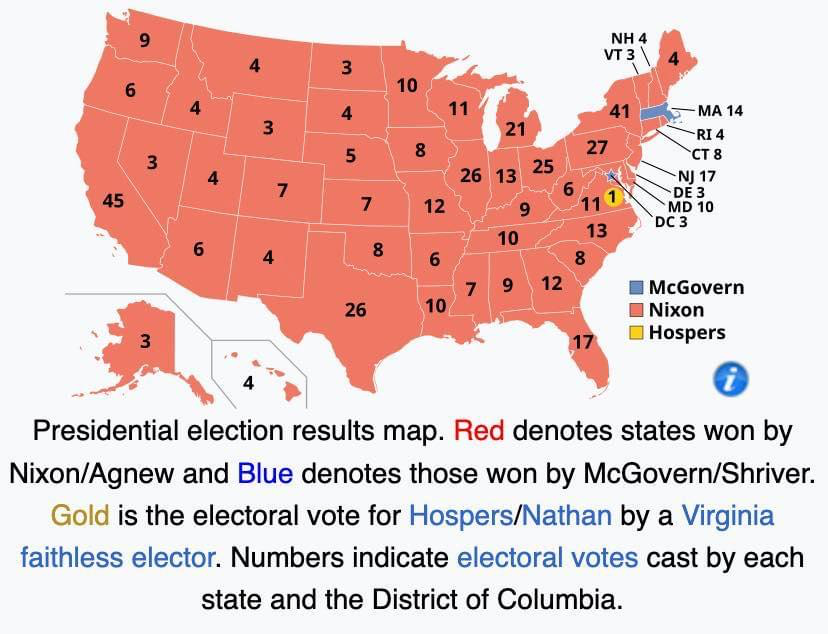
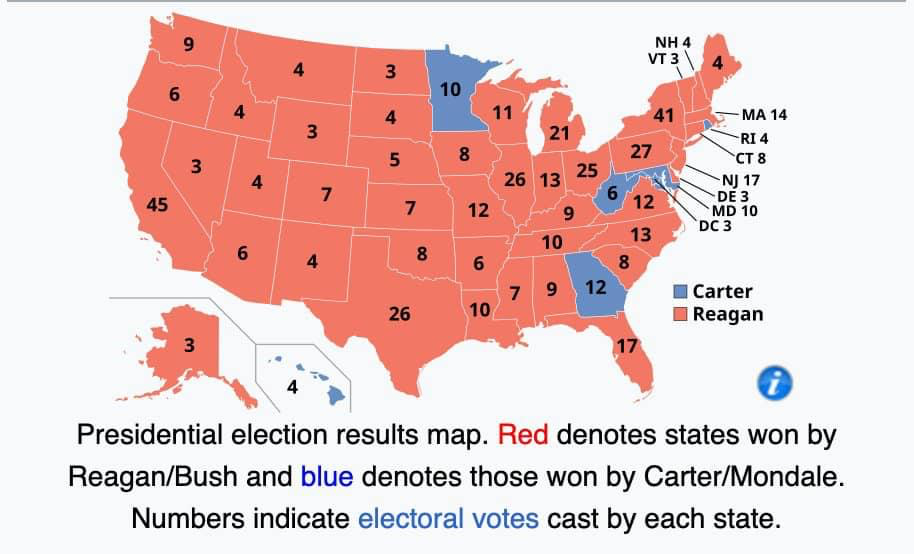
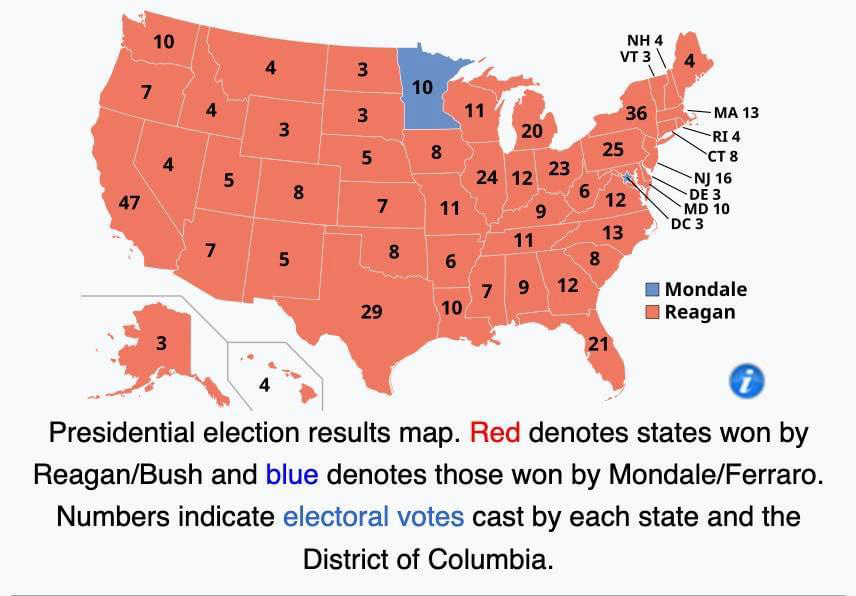
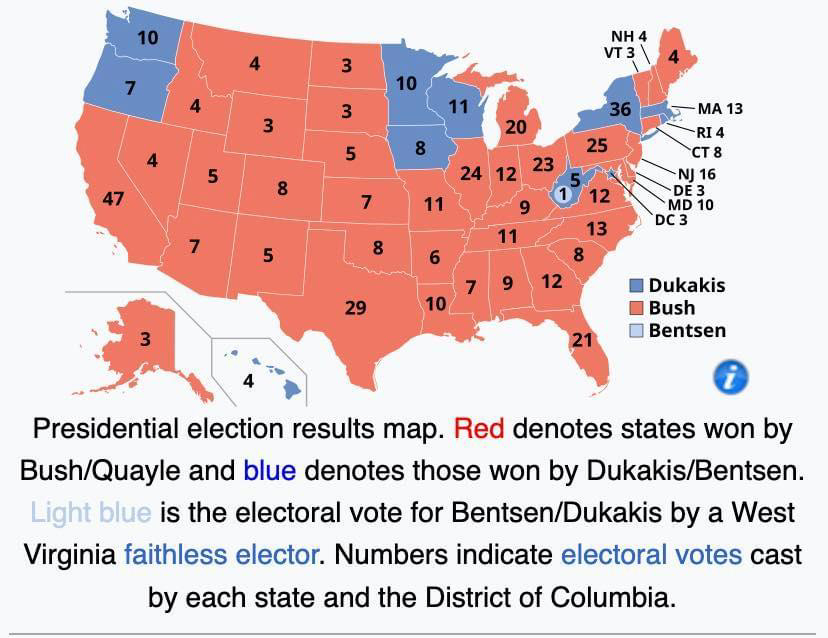
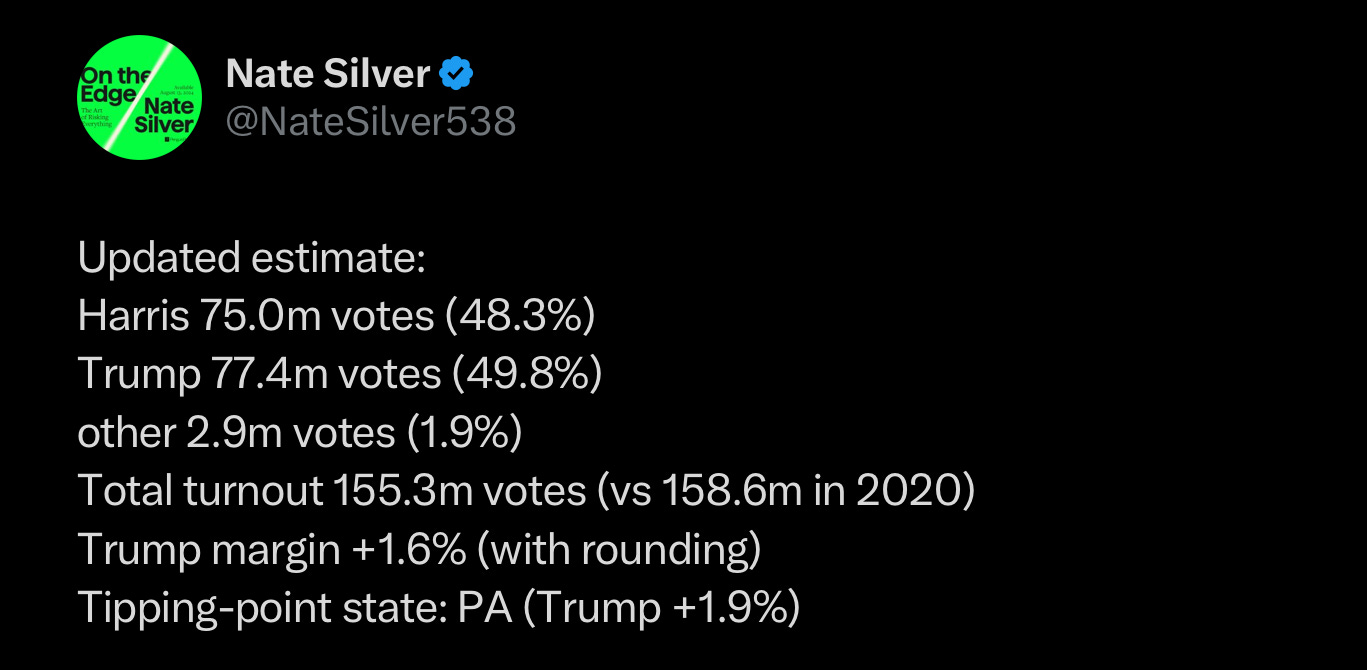
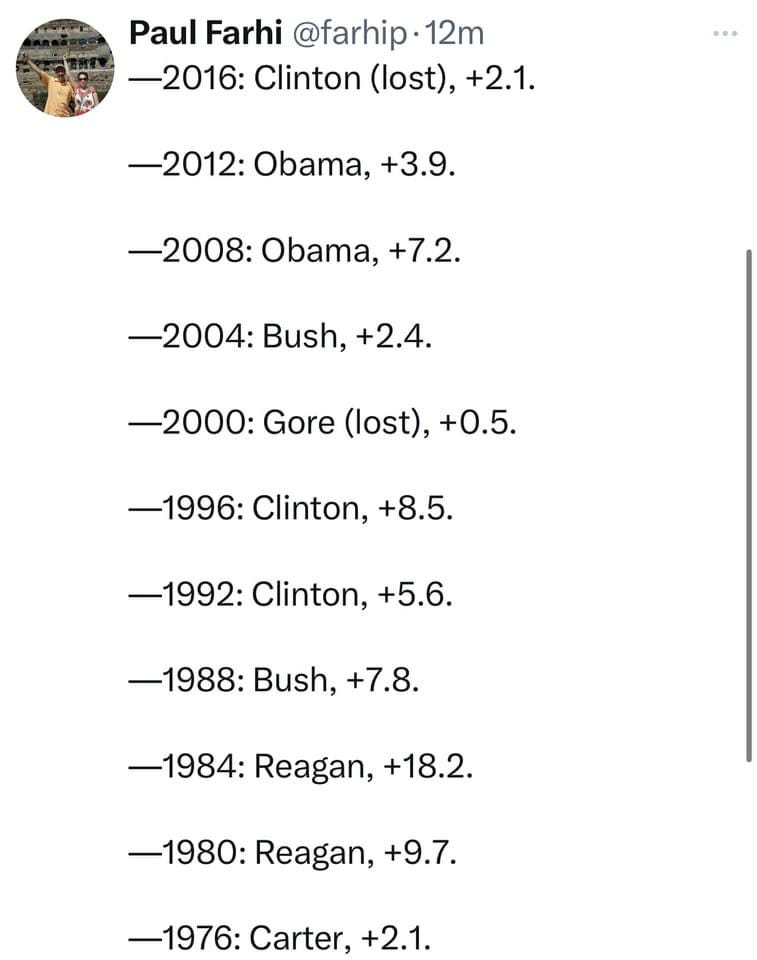
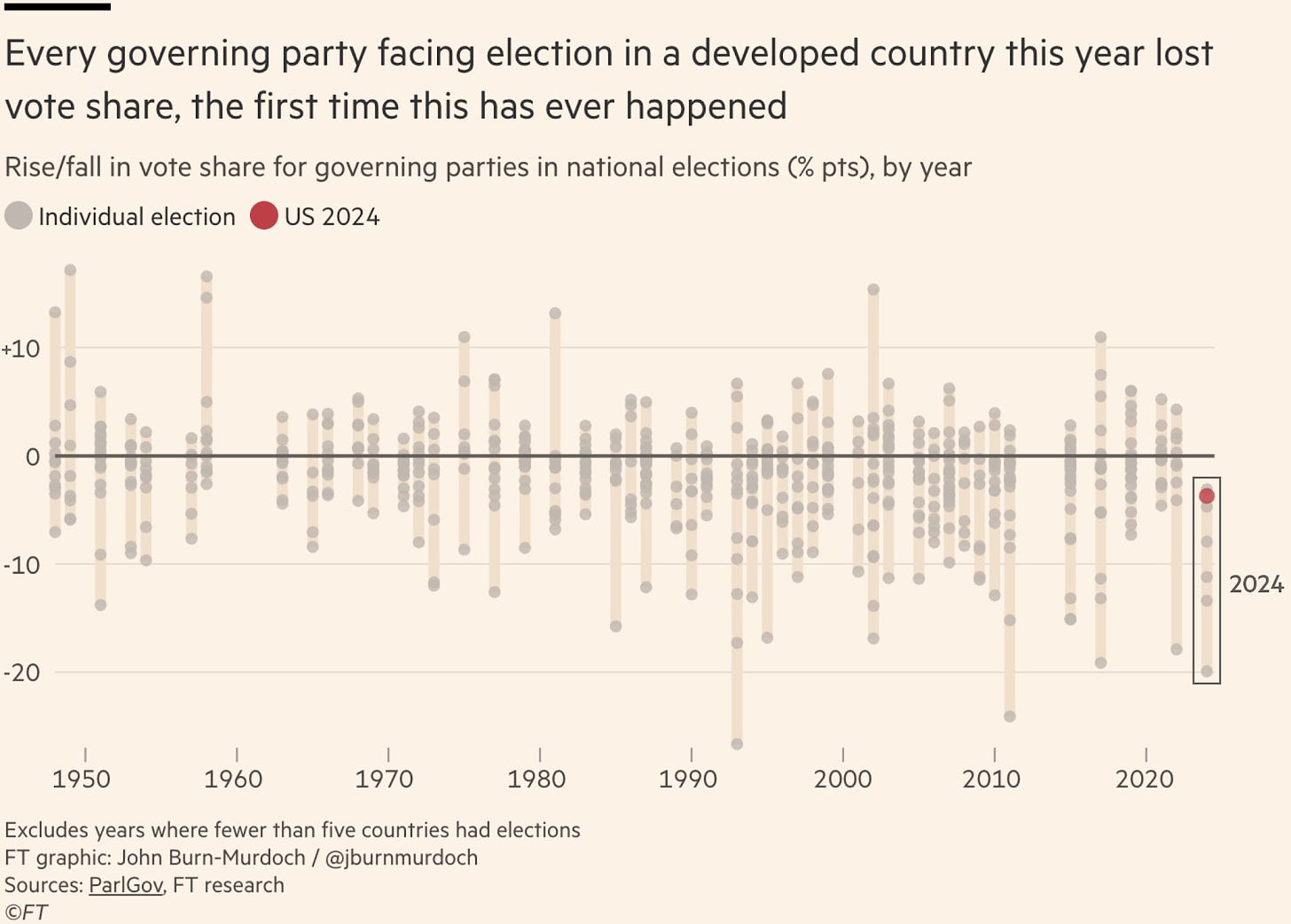
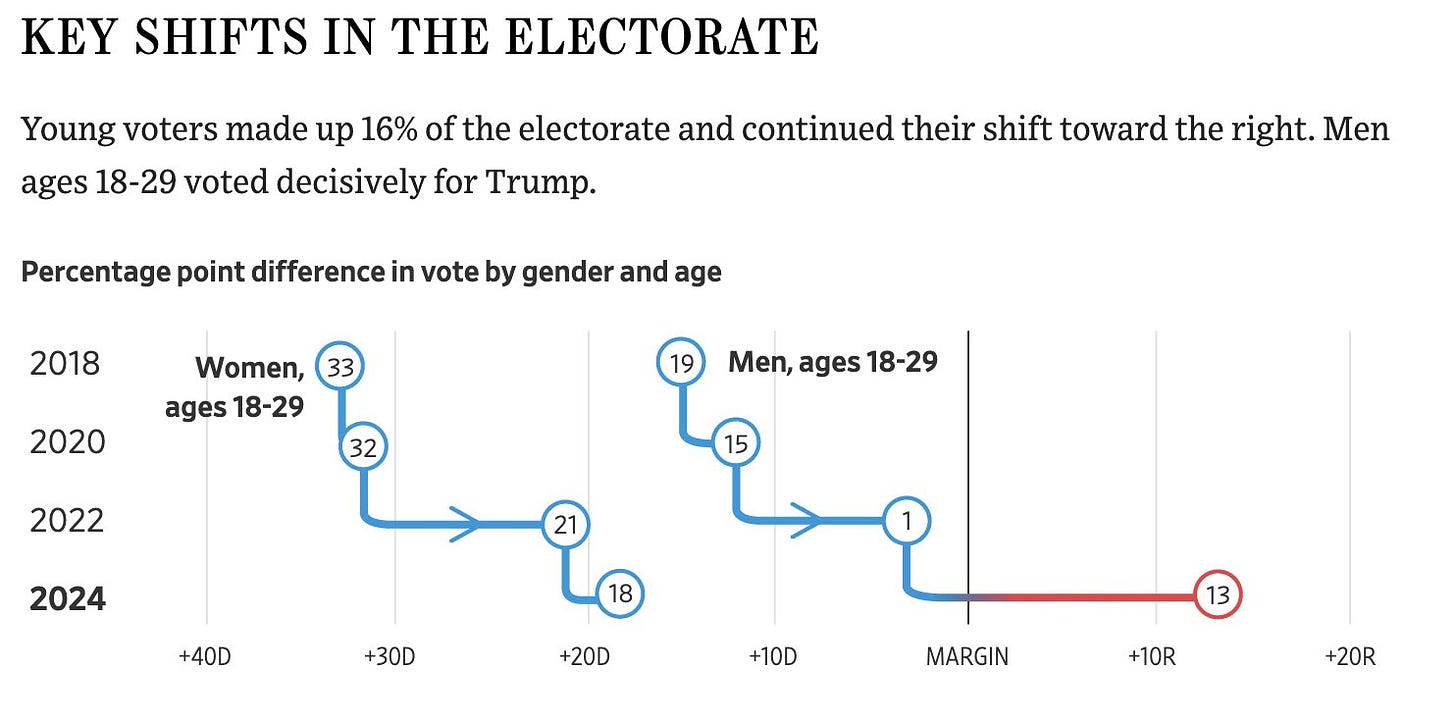
The elephant in the room. A woman. A Black woman.
What voter will tell pollsters that's why HE didn't vote for HER???? It's so much easier - and believable - to say it was the economy. I'll bet a lot of those young men and young Latino men don't do much in the way of grocery shopping anyway.
Women innately know this is why Harris didn't win.
Can we PLEASE PLEASE PLEASE stop posting his picture. It turns my stomach.